Memogate continues to dominate national politics
Farahnaz Isphahani looked unperturbed rather jovial in the National Assembly.
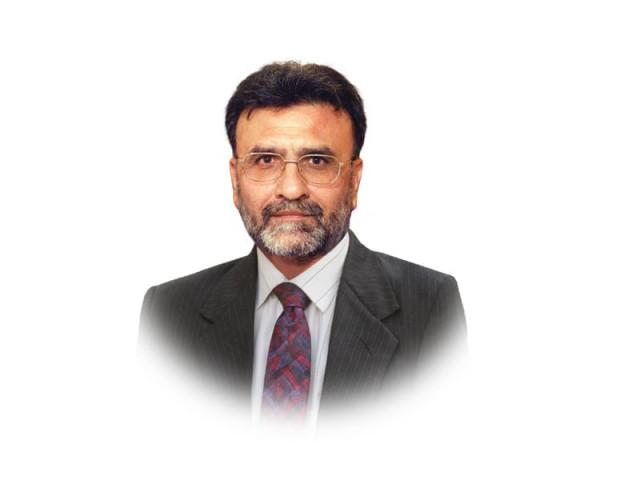
Disregarding reporters’ enthusiasm, she kept talking to one of her colleagues. From my seat in the press gallery she also looked unperturbed rather jovial in conveying that everything was normal and smooth about her husband; there is no immediate possibility of his being tried for committing treason.
Notwithstanding her confidence-generating vibes, most journalists were anxiously looking for a do or die showdown between the government and defenders of national security in the days to come. The PML-N members were found sharing their thinking, but there were some experienced and saner parliamentarians from various parties who felt disappointed by the stance that Nawaz Sharif took while addressing a public rally in Faisalabad Sunday.
Requesting anonymity, they kept telling this correspondent that Nawaz Sharif adopted a line that would empower the Supreme Court, a non-elected institution, to emerge as the ultimate arbitrator, when it comes to dealing with tensions surfacing within the ruling structures. One non-PML-N member claimed that through his friends, he had been trying to tell Nawaz Sharif that the din triggered by the so-called ‘memogate’ furnished an excellent opportunity for the parliament to assert its sovereignty.
“People are just not interested in finding out whether Haqqani facilitated the sending of a startling memo to Admiral Mullen,” he believed. “Far more important is to find out an answer to the question whether President Zardari asked him to do that. And, if Zardari was the man behind the move he deserved to be punished.”
Picking up a copy of the constitution from his desk, this person tried hard to make me realise that as per the book only our parliament was empowered to punish a President via impeachment. How to go about it? That is the question.
The seasoned parliamentarian that I talked to became emotional and told me that instead of putting Haqqani before the Chief of Army Staff and the DG ISI in the presidency, with prime minister around, Yousaf Raza Gilani should take the initiative to formally hear Haqqani.
“He should publicly invite the opposition leader in the National Assembly to be around when Haqqani is asked to answer questions that our national security outfits might have assembled regarding the much hyped memorandum. Both the PM and the Opposition leader could also ask any senior lawyer and a hardened investigator of established repute to assist them. Haqqani should be sacked before being tried, if found guilty and his trial could then facilitate the prime minister to move a motion of impeachment against the President, if found to have asked Haqqani to convey what the memorandum stated.”
The route, this experienced politician suggested to me, sounded too academic and somewhat poetic. Yet, the parliamentarian showed me a document wherein he had formally written his thoughts. He was adamantly determined to discreetly collect signatures of some fellow parliamentarians on it, preferably in a non-partisan manner with the idea of submitting the same before the prime minister, “as soon as possible.”
He genuinely feared that dragging in the Supreme Court in this issue would create huge embarrassment for Pakistan. “Let’s presume I am asked to represent Haqqani if the matter is formally presented before the court. My first question would be: Did the DG ISI really have a meeting with Mansoor Ejaz in London for four hours? And, if the answer is in the affirmative, I have a legitimate supplementary to find out who asked him to have this meeting – the prime minister or someone else? The rest I leave to your cynical mind,” he said.
I prefer to end here, though, but before that I feel no hesitance to confess that if interested in betting, I might put money on Jalil Abbass Jillani as the man who could replace Haqqani in Washington. Besides savouring some kinship with the prime minister, Jillani also relishes complete trust of various national security outfits.
Published in The Express Tribune, November 22nd, 2011.

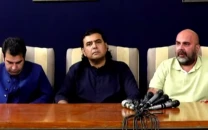
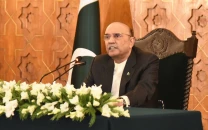
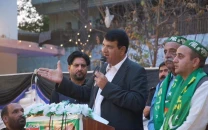
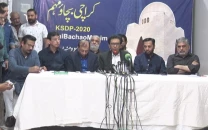














COMMENTS
Comments are moderated and generally will be posted if they are on-topic and not abusive.
For more information, please see our Comments FAQ